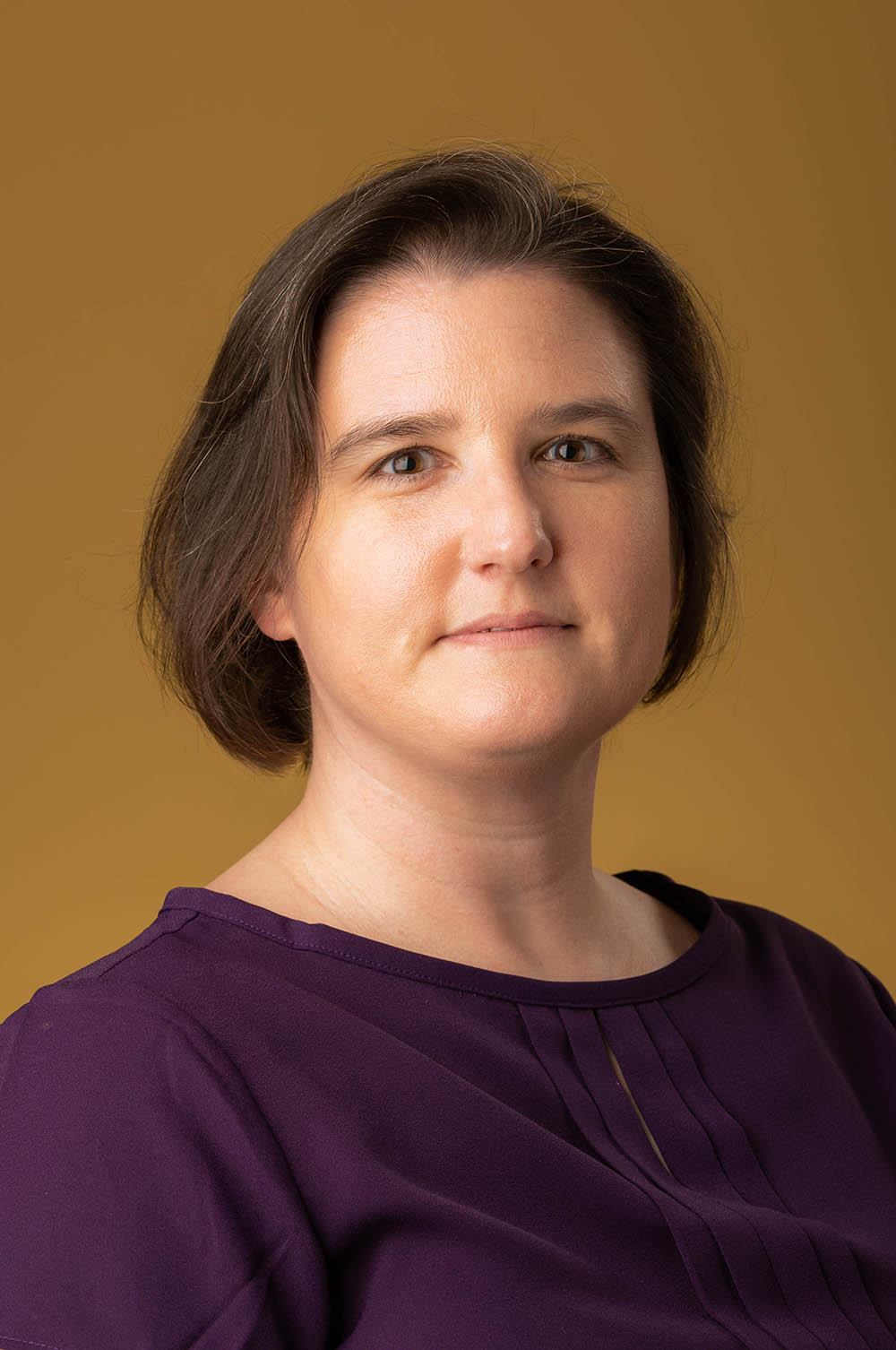Quality & Integrity
Office of Research Compliance Plays an Important Role in Research at KSU
BY GEENA LAWRENCE
 KENNESAW, Ga. (Dec 2020) — Psychology professor Jennifer Willard and her team of undergraduate students were
examining factors that influence people’s likelihood of confessing to offenses for
which they are innocent. In order to conduct a study like this, Willard said it was
necessary to deceive participants about the true purpose of the study and induce low
levels of stress. They had to carefully consider the ethical treatment of participants
and of the undergraduates who would assist with data collection.
KENNESAW, Ga. (Dec 2020) — Psychology professor Jennifer Willard and her team of undergraduate students were
examining factors that influence people’s likelihood of confessing to offenses for
which they are innocent. In order to conduct a study like this, Willard said it was
necessary to deceive participants about the true purpose of the study and induce low
levels of stress. They had to carefully consider the ethical treatment of participants
and of the undergraduates who would assist with data collection.
“The university’s Institutional Review Board (IRB) was helpful in identifying issues that we had not fully considered,” said Willard, also associate chair of the Department of Psychological Science. “We modified a paradigm that was previously used in this area of research, which provided data on the number of participants who might have high stress reactions, as well as participants’ overall satisfaction with their participation in the study. This was important to making an accurate cost-benefit analysis, as well as helping to create materials and procedures that would minimize risk.”
The IRB is a committee made up of KSU faculty and external partners which oversees research activities involving human subjects to ensure participants are treated ethically. The IRB is part of the Office of Research Compliance which is tasked to facilitate and monitor all research conducted is completed safely and fairly for everyone involved while following federal and state regulations and university policies and procedures.
 Director of Research Compliance Kristine Nowak explained that the main goal of her office is to provide faculty,
staff, and students with the applicable training and resources on the proper methods
of conducting research. Research compliance staff works in collaboration with the
IRB and two other compliance committees, the Institutional Animal Care and Use Committee and the Institutional Biosafety Committee.
Director of Research Compliance Kristine Nowak explained that the main goal of her office is to provide faculty,
staff, and students with the applicable training and resources on the proper methods
of conducting research. Research compliance staff works in collaboration with the
IRB and two other compliance committees, the Institutional Animal Care and Use Committee and the Institutional Biosafety Committee.
“The most interesting aspect of research compliance is the variety of tasks I handle in a single day because there are so many different areas which require me to switch hats constantly to tackle the issues,” she said. “I enjoy the variety and the spontaneity of the position. Being able to dig into the history of why we do what we do and reading all the background information has been quite enlightening.”
Another goal Nowak has for the Office of Research Compliance is to ensure that everyone understands the need for rules and regulations tied to research. A key part of her job is to educate KSU researchers on the reason behind these rules so that all stakeholders would take interest and be invested in the research operations.
“Rules and regulations usually exist because something went wrong in the past, and we need to follow rules to ensure that we don’t make the same mistakes,” said Nowak, also a lecturer in the Department of Molecular and Cellular Biology. “Our office is not intended to be a barrier to research on our campus, but more as a facilitator so that requirements from outside the university can be met.”
 One of the ways is to grow outreach efforts targeting researchers who might have very
specific questions. For example, Nowak is looking to Angela Bain, recently hired assistant
director of research compliance, to increase the number of informational sessions
about IRB processes, especially since the majority of projects involves human subjects.
One of the ways is to grow outreach efforts targeting researchers who might have very
specific questions. For example, Nowak is looking to Angela Bain, recently hired assistant
director of research compliance, to increase the number of informational sessions
about IRB processes, especially since the majority of projects involves human subjects.
“There are always a lot of questions, and to help improve our processes we also solicit feedback, which comes naturally when we have these question-and-answer sessions,” she said. “This feedback helps inform where we need to communicate better or where we can make changes to improve the experience for our researchers.”
Another upcoming project is the implementation of a “Responsible Conduct of Research” course. This will start small, with a group of graduate students, but Nowak is hoping to expand campus-wide within the next year.
“Revamping our ‘Responsible Conduct of Research,’ or research ethics, program, is an important step in improving our office processes,” said Nowak. “This can be a second thought from the researcher’s perspective, but I believe that a strong foundation in research ethics, or any professional ethics, can help lay the groundwork for a successful career.”
In the future Nowak would like to have a pool of faculty and staff researchers who are aware of the important work of the compliance committees and are interested in participating in very tangible, relevant service to the university. “I think a lot of faculty aren’t aware of the great need for this kind of service, which is very important for us in maintaining and growing our research enterprise as we continue in our quest of becoming the best R2 institution,” she said.











